Topic: CEF
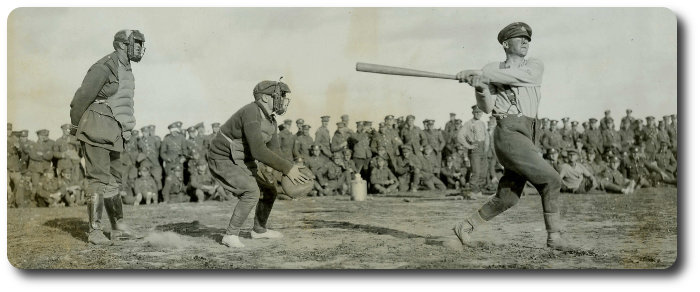
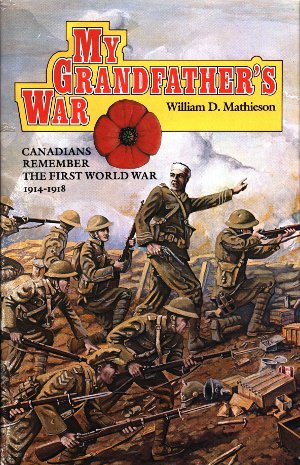
Results of Events at Canadian Corps Sports; Tinques, Domionion Day 1st July, 1918
From the War Diaries of the 1st Canadian Division (General Staff); 1918/07/01-1918/07/31
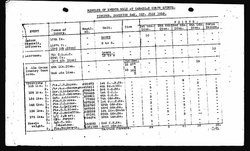
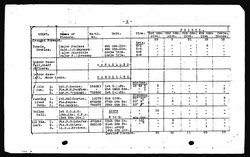

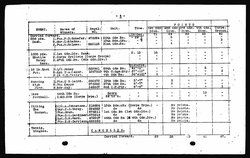
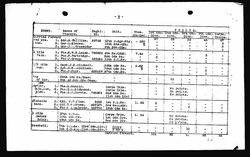
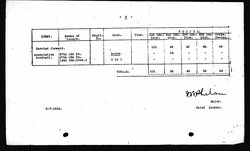
The Little Armistice
A Holiday in Wartime, from "My Grandfather's War; Canadians Remember the First World War, 1914-1918," William D. Mathieson, 1981
Remember them, troops!? The crowd, the bands, the games, the thirsts—Collishaw and that crazy squadron swooping down over the grandstand, parting the hair of the brass-hats with the wheels of their under-carriage—nursing-sisters screaming with fright and fainting into the arms of the officers—the officers, their arms full of nursing-sisters, sighing, "Atta-boy, Collishaw!"
The Corps Sports, 1918! What a day! Thirty thousand veteran soldiers of the Canadian Corps assembled in that field between Tinques and Aubigny, and every one of them as dry as a wooden god. It's terribly impressive when you come to think of it. Half-way up the hill, 300 yards to the left-rear of that particular canteen which ran out of beer before mid-day, were "The Volatiles"—the Division Concert Party playing to ten houses a day.
Crowds! The engineers had provided seating accommodation for 6,000 out of 30,000 who attended.
During the sports, airplanes photographed the scene; the pictures were developed, and the airmen returned to drop them in the grandstand. The grounds were splendidly arranged and it is claimed were better than at the first Stampede in Calgary. The grandstand was 300 yards long with special stands for distinguished visitors. The Canadian Y.M.C.A. furnished bunting and other decorations.
The idea and organization go to the credit of the Padres and the Y.M.C.A. A Corps Committee had been formed in 1917, when special attention was given to athletic competition among the units. The plan was broached to celebrate Dominion Day, 1918, with a great national meet. The whole scheme provided for the participation of 800 teams, involving 60,000 individuals. It was estimated the total entry list was about 13,000. The eliminations went on apace, from platoon co company, company to battalion, and so on, right up to Division. Winners from the Divisional meets were put into special training camps with a "Y" physical director in charge. And here they practiced for the Corps Meet— Monday, 1st July, 1918.
And so, on Dominion Day, everyone went to Tinques—music and flags and crowds and gaiety. The Duke of Connaught, late Governor-General, Sir Robert Borden, Prime Minister of Canada, General Horne, Sir Arthur Currie,— all the Big Shots turned up. The Guard of Honour greeted the Duke. All the bother and training for a brief two minutes of ceremony. Drawn up, they presented pipes when H.R.H. arrived. He walked rapidly between their ranks, then buzzed off to the grandstand.
Picked men from every Division—400 athletes—swung around the track. Following the athletes came a mass of piped bands, 200 strong, playing "Bonnie Dundee", as they halted in front of the Duke and Sir Robert.
Later, each Divisional band entered the enclosure, playing the divisional march. Massed in front, the guest, including representatives of every allied army, and all the thousands of Canadians present bared their heads as the bands played "O Canada".
Baseball, lacrosse, football, and tennis were all carried on at the same time, while the famous circus of the Western Brigade furnished a humorous part.
The sports concert party gave an entertainment, there being present over ten thousand. Sir Robert received a wonderful reception, then addressed the men. "How about leave, Sir Borden?" yelled someone. "Every Canadian has long leave to do his best to beat the Huns," retorted the Prime Minister, and ten thousand soldiers sprang to their feet cheering and waving their hats.
All round it was a holiday in wartime, and every man knew that in another day or two, or another week or two, he might be in the midst of battle; so this jollity had a sweet spice to it, and all these men looked so fine and hard and splendid that to see them have one a sense of safety and of victory in the fighting that must come.

